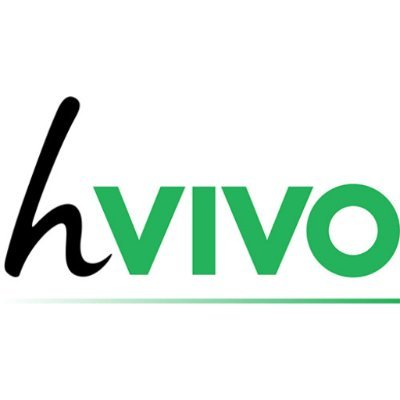The process of obtaining approval for clinical trials is comprehensive, as it involves multiple regulatory bodies that ensure the safety and efficacy of the medical interventions being tested. Researchers begin by meticulously planning the trial, outlining its objectives and goals, and detailing how participants will be selected. During this phase, ethical considerations are addressed, including the informed consent process, which ensures participants understand what they are signing up for.
In the UK, clinical trials are regulated by the Medicines and Healthcare Products Regulatory Agency (MHRA) and the Health Research Authority. The MHRA oversees the approval process and ensures that trials comply with safety standards, while the Health Research Authority focuses on ethical aspects, such as informed consent. Independent ethics committees also review the study protocols before any experimentation on humans is permitted.
The approval of a clinical trial follows a rigorous sequence of steps. Initially, the trial undergoes a peer review by experts, including healthcare professionals and non-medical reviewers, to assess the scientific integrity of the trial’s plan. Ethical approval follows, led by the Research Ethics Committee, which evaluates risks, benefits, participant recruitment, and qualifications of the research team. Specialised committees may also be involved if additional factors, like radiation exposure, need consideration.
Once these checks are completed, the trial data is submitted to the MHRA for final authorisation. This requires various documents, such as an investigational medical product dossier and relevant manufacturing authorisations. Only after this comprehensive review process can the Clinical Trial Authorisation be issued, allowing the trial to proceed.
Clinical trials are conducted in phases, each with specific goals. Phase 1 focuses on determining the safety and appropriate dosage of the intervention. Phase 2 assesses its effectiveness among participants with the target condition. Phase 3 involves larger groups and compares the new intervention to existing treatments or placebos. After regulatory approval, Phase 4 trials continue to evaluate long-term effects and gather further data to ensure safety.
Throughout the trial, data is collected and analysed to determine the intervention’s efficacy and safety. This evaluation helps identify potential side effects and assess the treatment against existing alternatives. The results are compiled, analysed, and often published in scientific journals, enabling peer review for unbiased validation of the findings.
Once a clinical trial concludes, the collected data and supporting documents are submitted to regulatory bodies for final approval. If approved, the new drug becomes publicly available. Continuous monitoring is conducted even after market release to understand its long-term effects and ensure that it is used safely.
For those interested in participating in clinical trials, informed consent is a critical part of the process, providing comprehensive information about the study. Participants may either reside in private rooms or visit a facility periodically, depending on the study’s requirements. Such participation is crucial for advancing medical research and bringing new treatments to the public.
Clinical trials must pass through extensive peer reviews, ethical checks, and regulatory assessments to ensure the safety of participants and the reliability of results. This careful scrutiny underlines the importance of participant safety and the integrity of the findings.
hVIVO plc (formerly Open Orphan plc), led by Cathal Friel, is a rapidly growing specialist contract research organisation (CRO) and the world leader in testing infectious and respiratory disease vaccines and antivirals using human challenge clinical trials, providing end-to-end early clinical development services for its broad and long-standing client base of biopharma companies.


